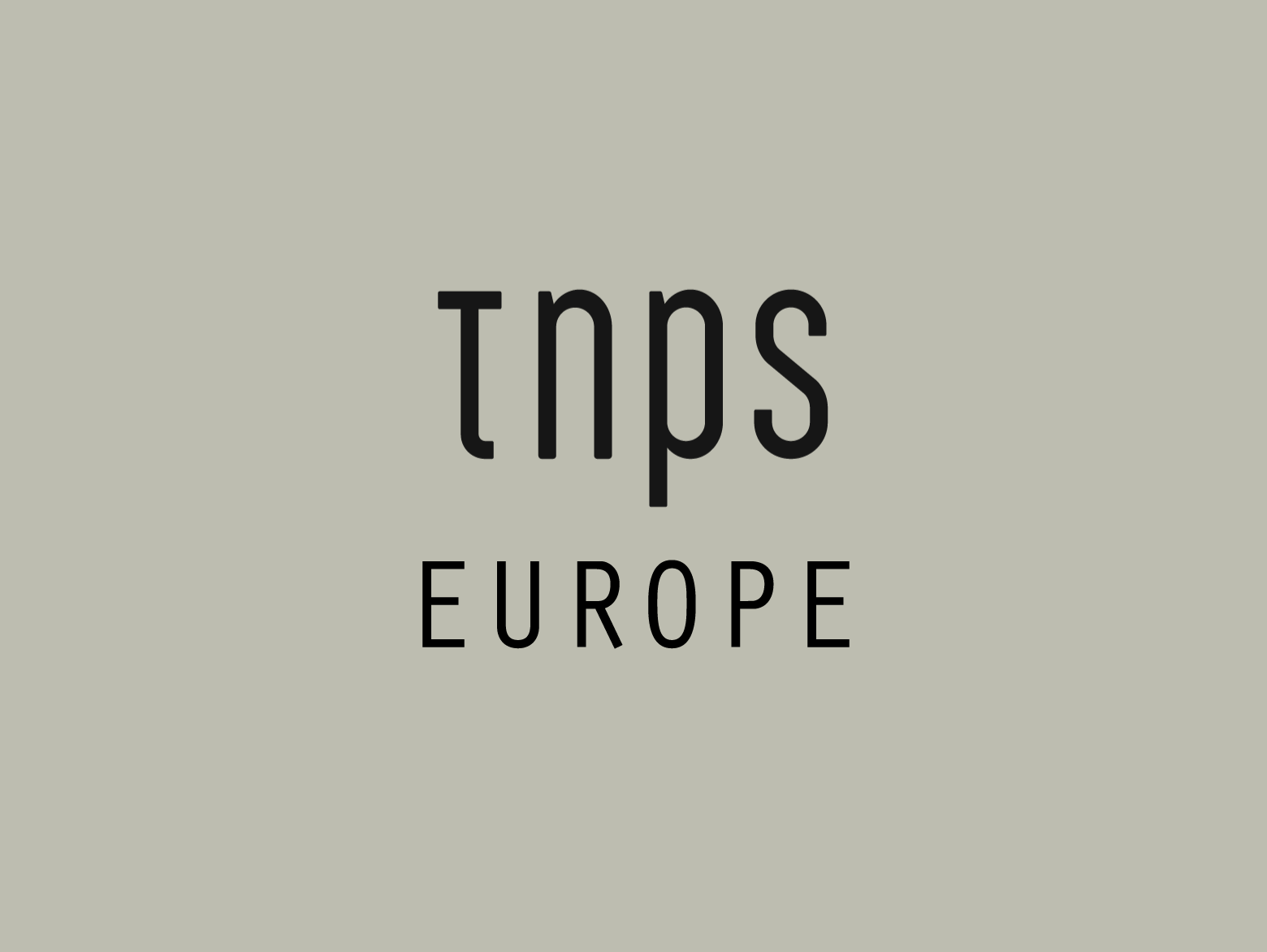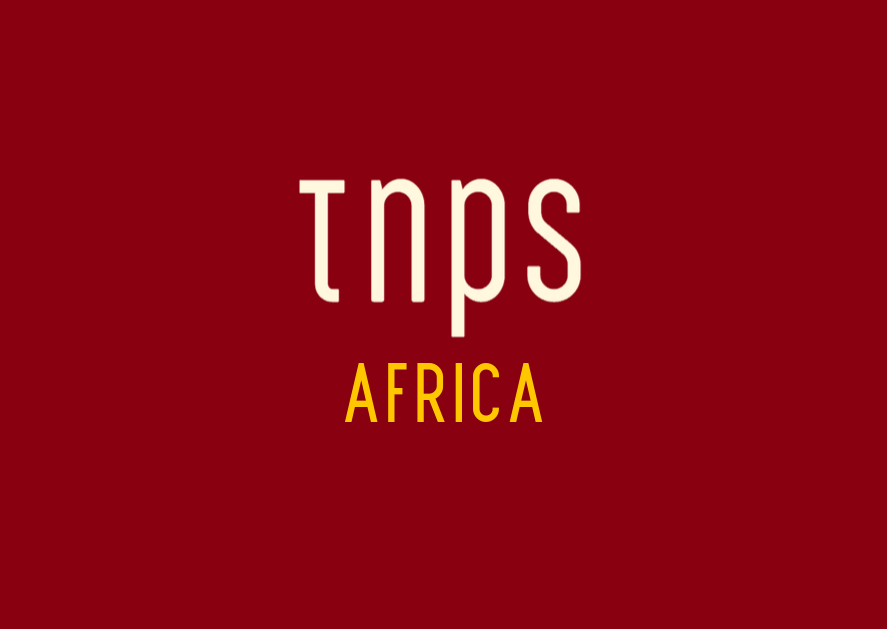Big Bad Wolf debuted in Cambodia this past week, taking one million English-language books to the capital Phnom Penh, in an event that will finish January 20.
In a departure from the standard 24 hour event, Big Bad Wolf Phnom Penh is open 9am to midnight, reflecting uncertainty about how the Cambodia debut would be received.
Only last month the annual Cambodia Book Fair attracted a record crowd of 160,000, with English-language books proving very popular.
Too soon to say if Big Bad Wolf Phnom Penh can equal that, but it certainly looks possible, with 50,000 visitors across the first four days, according to the Khmer Times.
Big Bad Wolf of course sells mostly remaindered titles at seriously low prices, which is a big part of the attraction, but the lesson for publishers here is simple
English-language titles can be in huge demand if prices are appropriate to local market conditions.
Now some publishers might argue they simply cannot afford to produce books at these prices for these markets, but is that true?
Here’s the thing: a book being sold by Big Bad Wolf at an example $3 in Cambodia is the exact same book being sold in the USA at $20. There have been no additional editorial costs, printing costs or other costs (other than distribution) and in most cases these books will have long since broken even in the home market.
By definition expected remaindered books are factored into the production costs. That is to say, publishers print more than they expect to sell, often benefitting from the economies of scale that higher print runs bring.
Even if these books are pulped, the publisher has factored in the “loss”, but where the excess books are sold as remaindered titles there is a small but by volume significant return. And the significance of that return can increase dramatically as volume increases.
At which point let’s take Big Bad Wolf as one example among many of operators specialising in taking remaindered books off publishers’ hands.
Big Bad Wolf has taken 1 million books to Cambodia this month, while simultaneously taking 1 million books to Myanmar, where the Big Bad Wolf Yangon event is happening.
Per that report, $1.8 million worth of English-language books were sold in Myanmar last year in an eleven day event that drew a crowd of 250,000.
If that sounds surprising, maybe you’re new to TNPS. Last year Big Bad Wolf’s Kuala Lumpur sale in Malaysia fielded 4.5 million books, while the Big Bad Wolf Jakarta event in Indonesia had 5.5 million books stacked up.
These were just the largest two of multiple sales across Malaysia and Indonesia through 2019.
In the same year Big Bad Wolf was shipping three million books to Dubai.
1 million books were shipped to Lahore, Pakistan.
3 million books were shipped to Bangkok, Thailand.
2 million were shipped to Manila, Philippines.
1.5 million to Colombo, Sri Lanka.
All told, Big Bad Wolf in 2019 shipped millions of books across 32 cities in ten countries in 2019. That’s two more cities, but four fewer countries than it planned for 2019. We don’t yet know if the 60 million books in 2019 target was achieved, but we can safely say it will have been close.
But Big Bad Wolf is just getting started – it is aiming for 45 cities in 2020 – and its ambitions are breathtaking.
Over the next five years Big Bad Wolf plans to ship one billion books to the emerging markets.
Which begs the question, where is Big Bad Wolf going to source these books from?
This is a huge opportunity for publishers, with Big Bad Wolf undertaking the logistics and the marketing, leaving publishers to make the content available at the right price.
Which of course brings us back to the real issue here – that sales in these markets are all bonus sales of existing content that in all likelihood broke even on production costs many moons ago.
In other words, it’s a cash cow
Remaindered books, once viewed as collateral damage, are already big business in many countries.
Just yesterday The Works, a UK outfit specialising in selling remaindered books, reported a record Christmas.
In August 2019 The Works had announced plans to open fifty new stores across the UK, and while this number has been reduced, the reality is that remaindered books are a lucrative business that helps publishers scale up print runs, knowing the excess won’t be pulped.
And with Big Bad Wolf the remaindered books angle goes global.
Which brings us back to the economics argument that underpins why publishers should be salivating at the growth of Big Bad Wolf. It’s a simple matter of X% of something or 100% of nothing.
Of course, without an organisation like Big Bad Wolf the distribution hurdles for print are significant, but there are two elegant solutions arising.
First, as is already happening with some publishers, Big Bad Wolf can be partnered to deliver non-remaindered titles to these markets.
Yes, the margins will be low, but again, it’s X% of something against 100% of nothing for what amounts to little more than the print production costs.
Second, and again emphasising that the editorial costs have already been taken care of in the initial homeland print runs, these same English-language books can be made available globally at localised low prices in digital format.
Ten years ago that option offered little ROI as there were so few people able to access digital books around the world.
But as we start the new decade there are 4.5 billion people online and the vast majority of them are using smartphones to access the internet.
The only things stopping eager consumers around the world accessing digital books are availability, accessibility and affordability.
Availability is a publisher issue. Publishers need to move forward from the era of territorial restrictions, which evolved when print was the only meaningful format.
Affordability is a publisher issue. Publishers need to be more willing to experiment with localized pricing, not set a price in the US and then wonder why so few people in the emerging markets are buying.
Accessibility is largely beyond the publishers’ control, but even here publishers can go that extra mile to ensure they are maximizing their distribution. But the big problem here is the indifference of the main digital players to embrace the emerging markets.
Amazon’s Kindle store is only available in a dozen or so markets, while Apple is in 51, Google Play in 75 and Kobo available worldwide but meaningfully in less than twenty markets.
Meaningfully here meaning with localised pricing and payment options.
One simple way of resolving these issues in the digital subscription model we already see being rolled out across the globe, and really the only things holding back this model at the start of this decade are publisher inhibitions and anachronistic territorial restrictions.
As publishers wake up to the incredible opportunities global digital offers them in this new decade, so these inhibition and redundant restrictions will fall by the wayside.
The Global New Renaissance is just beginning, and the new decade will see the renaissance bloom in both print and digital formats.





